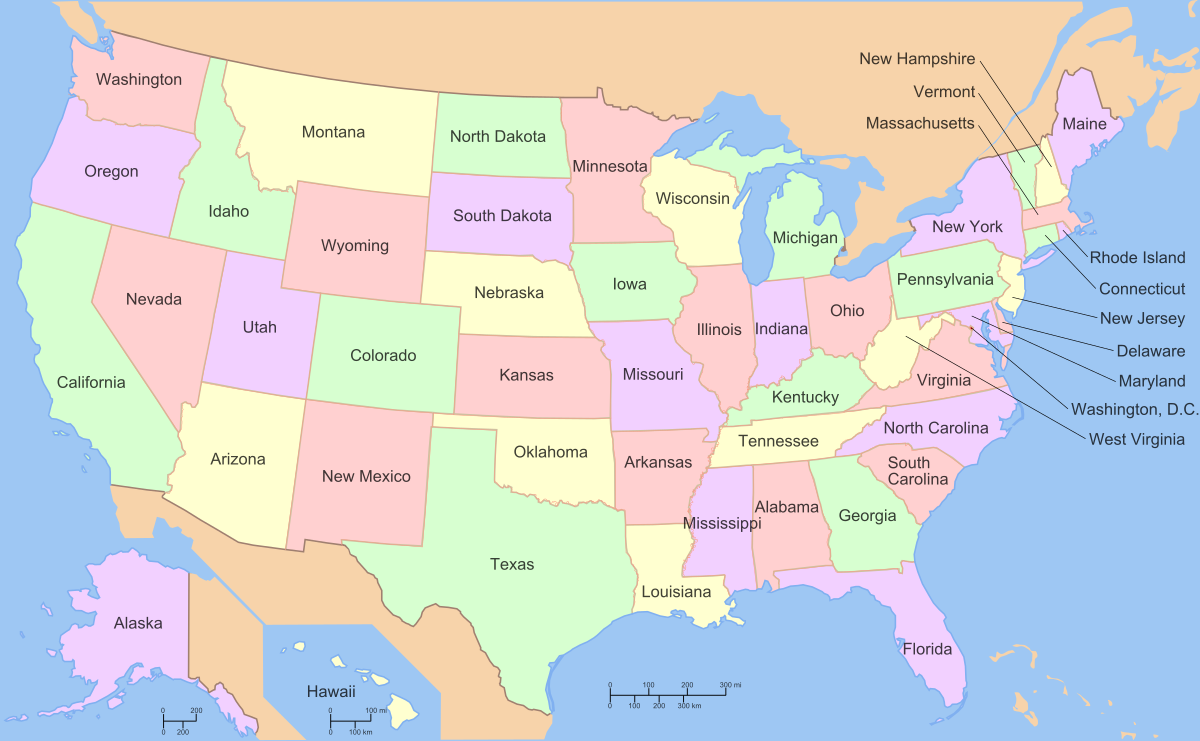Caesars Interactive Entertainment is ready to begin player pool sharing across online poker sites in different states, with May 1 set as a target launch date.

Following former Gov. Chris Christie’s announcement in October that New Jersey would participate in liquidity sharing for online gaming, CIE announced on Monday that its software for 888poker and WSOP.com is undergoing regulatory testing and should be ready to go live in New Jersey, Nevada, and Delaware within weeks.
Such shared-liquidity would allow online poker sites to provide larger prize pools, better game selection, and expanded tournament offerings. It will mark a significant advancement of US online poker as it moves from an intrastate to a more interstate model.
“We are pleased to see this long-sought multi-state poker agreement come to fruition,” said Robert Moncrief Jr., deputy chief of the New Jersey Division of Gaming Enforcement’s Technical Services Bureau. “This will raise jackpots and provide even greater opportunities for play. It also paves the way for additional states to join and grow the regulated, legal online poker market.”
Regulators from Nevada and Delaware agreed with the cross-state cooperative sentiment.
“The [Nevada Gaming Control Board] is pleased to be part of this collaborative effort between regulators, operators, and the platform manufacturer to achieve the common goal of providing a sound gaming experience for patrons across multiple jurisdictions while still meeting our individual jurisdictional requirements,” Nevada GCB chairwoman Becky Harris said.
Caesars Laying Groundwork
At this stage, regulators in all three states with legal online poker are performing final checks on the websites and underlying technology to ensure all complies with local and cross-border licensing conditions. Caesars is the only company with sites already active in New Jersey, Nevada, and Delaware.
When the new system goes live, existing customers in Nevada and Delaware will be required to download new software. The sites currently active in these states will cease to work on May 1 and all players will have to create new accounts. It’s assumed all account balances will be transferred over, but it’s not been made clear whether bonuses and loyalty rewards will remain untouched.
For players in New Jersey, it will be business as usual. Because it’s the largest and most lucrative of the three states, it is being used as the de facto hub for the new shared system.
Although more lucrative than in Nevada and Delaware, online poker in New Jersey has suffered in recent months. In the DGE’s latest financial filing, the year-on-year statistics show a 12.7 percent drop in online poker revenue for March 2018.
Caesars’ poker platforms were responsible for just under 25 percent of the nearly $2 million New Jersey raked from online poker in March.
New Hope for US Online Poker
The hope for is that Caesars’ set-up can be used as a blueprint for other operators that are currently eligible to share players as well as a catalyst for further change across the US.
“Everyone has had the end user in mind throughout this process, and as a result, we believe the United States, for the first time in a regulated environment, will have a large-scale multi-state offering that will propel the industry forward as soon as next month,” head of online poker at WSOP.com Bill Rini told the Associated Press.
With states such as California and New York wavering on online gaming, successful player pool sharing could tip the balance in favor of bills that support regulation. A number of those opposed to the industry have suggested that the potential revenue benefits aren’t enough to outweigh the perceived negatives.
So far, the amount of money generated from online gaming, in particular poker, have been well short of expectations. When New Jersey Governor Chris Christie pushed for change in his state, he claimed that it would generate as much as $1 billion in its first year.
Reality has proven otherwise, which has led some to claim that it’s simply not worth spending the time and money on regulation. Liquidity sharing could change that as more players would allow operators to offer bigger prizepools and incentives.
For Rini and his Caesars compatriots, this could kickstart a new era in the evolution of US online gaming.


